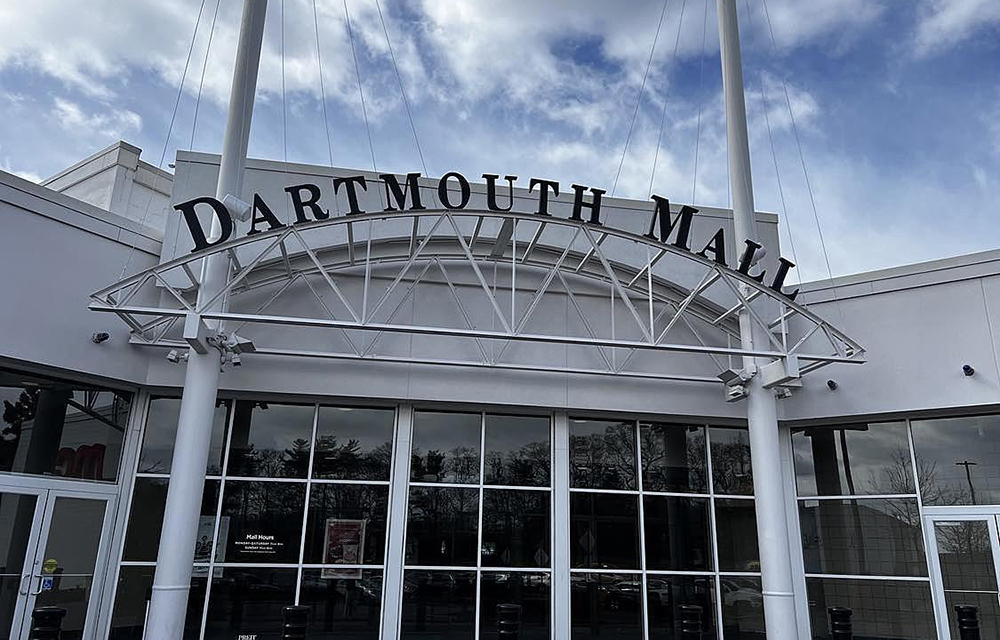Electrical vehicle charging stations in condominiums - by Scott Owens

By now word of Boston’s electric vehicle charging station (EVCS) ordinance has rippled its way through the Commonwealth and New England as a whole. At its most basic, the ordinance prohibits associations in the city of Boston from unreasonably restricting a unit owner from installing an EVCS in her/his assigned parking space or, possibly, even in the common areas. But what is considered “unreasonable” will be a topic of debate for years to come.
Here are some questions to consider now, before pressing forward with an EVCS policy and application:
How likely are we to get requests for EVCS installations from our unit owners?
This really needs to be the first question out of the gate because it will more or less establish a timeframe for how quickly the board needs to act and how deeply into the weeds the board needs to get with its due diligence.
What are the association’s primary goals with regard to EVCS installations?
Certainly every board’s number one goal with EVCS installations should be the safety of the community. Is the EVCS tied into the electrical source correctly? Do we have the appropriate electrical capacity to handle the system? Is the system equipped with appropriate breakers and other safeguards? Is there adequate ventilation for the system? Are any additional safety systems needed in the vicinity of the EVCS in the event of accidents or emergencies i.e., non-water fire suppression; safety bollards to prevent collision with the EVCS by vehicles; safety stations with gloves, grounding rods and the like?
Aside from the safety of the system itself, the board should give consideration to the safe operation and maintenance of the EVCS. How long will the output cord from the EVCS to the owner’s charging car be? Will the cord run across an area where people might trip over it? How will the cord be safely stowed out of the way when not in use? If the EVCS is exposed to weather, what is the safe method of removing snow and ice from the system? How much clearance from snow needs to be maintained around the system? Maintaining good order and discipline might also top the list of primary goals for the EVCS. What will be the association’s policy on “shared” systems or charging by guests? How will the association address the unauthorized use of an EVCS by someone other than the unit owner? Will it get involved at all? How does that enforcement obligation change when the EVCS is located within the common areas as opposed to within the owner’s designated parking space? Is there a lockout mechanism on the EVCS to prevent unauthorized use?
Cost effectiveness is also going to be squarely within the board’s consideration. How much time and energy will the board and its legal and engineering advisors going to have to put into review of applications? Whatever the circumstances and considerations, having a comprehensive and thoughtful application and review process will be key to protecting the association’s interests.
What types of things should an EVCS installation application include?
The application itself should focus primarily on the board’s installation safety concerns. Aside from the general owner information and type of system, boards may want to consider including some of the following requirements in their applications:
• A load calculation opinion from a licensed and insured electrician, certifying that the association’s electrical system can handle the extra load from the EVCS as installed;
• Electrical plans with single-line diagrams showing the complete system from point of connection to the power supply to the EVCS, including any metering or sub-metering for the system;
• A complete copy of the EVCS manufacturer’s installation instructions, including any safety recommendations; proposals for compliance with all applicable safety regulations;
• Certification from the installer that the EVCS has been installed in accordance with all of the manufacturer’s specifications;
• If the EVCS is located within the owner’s designated parking space, then a plot plan showing the proposed layout of the system within the owner’s designated area; if the owner is proposing location of the EVCS within the association’s common areas, then possibly a survey plan showing the as-built location of the system and relative locations of existing buildings, structures and parking spaces;
• Installation permits from the city of Boston.
At this early stage, there seem to be far more questions than answers as boards in Boston and beyond try to make sense of the new law, but here is what we do know: electric car usage is on the rise, condominium owners (and prospective owners) are going to demand facilities to charge those cars, and sooner or later boards are going to have address the issues presented by their associations.
Scott Owens, Esq. is an associate with the law firm Marcus, Errico, Emmer & Brooks, P.C.
PREIT to add new retail and dining options at Dartmouth Mall - Boot Barn, Lock Room by Lids, and more
Dartmouth, MA According to PREIT, Dartmouth Mall, the dominant enclosed retail destination in Southeastern Mass., will welcome the region’s first Boot Barn this fall. The nearly 15,000 s/f western and work wear retailer


IREM President’s Message: Fostering community connections during the holiday season

Selecting the right façade installation firm - by Steven Powell


.png)





.png)
